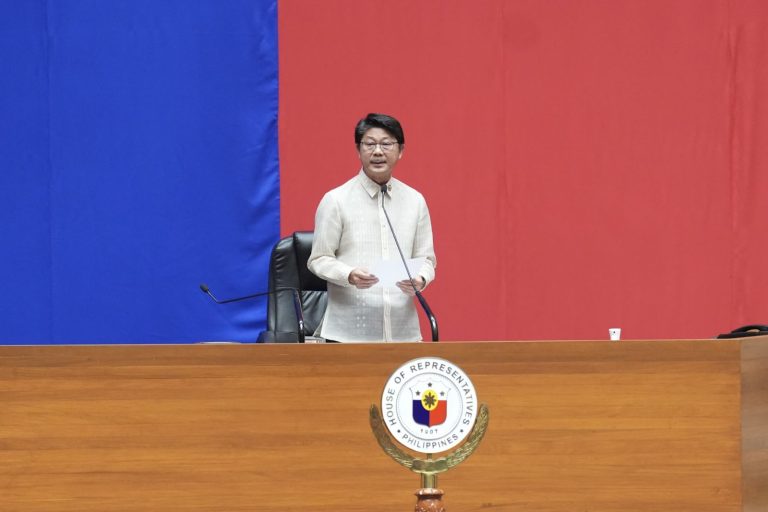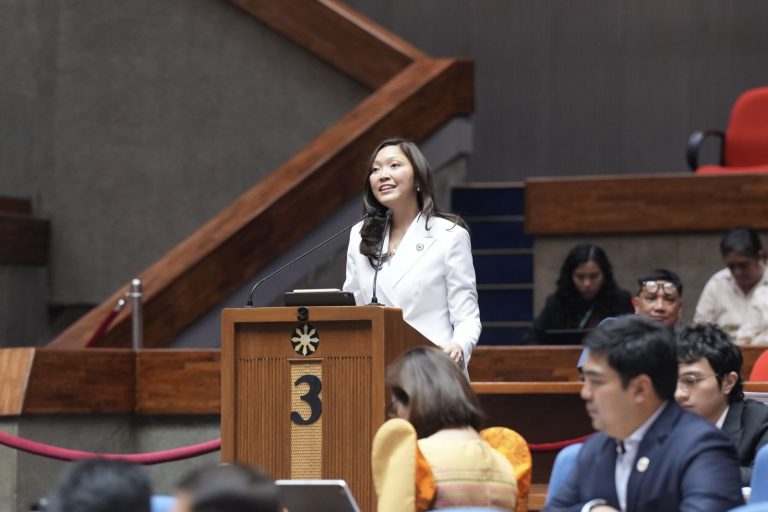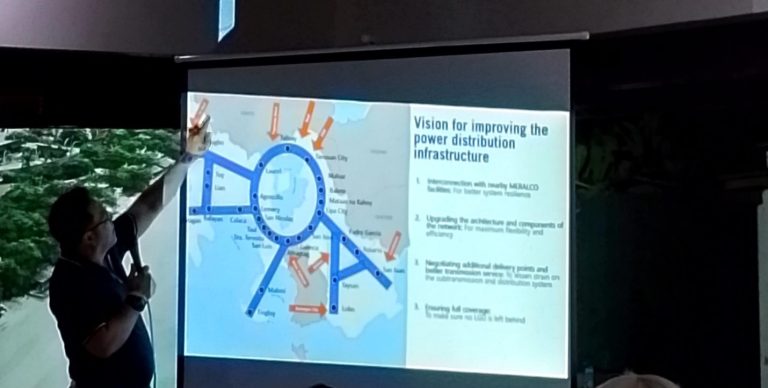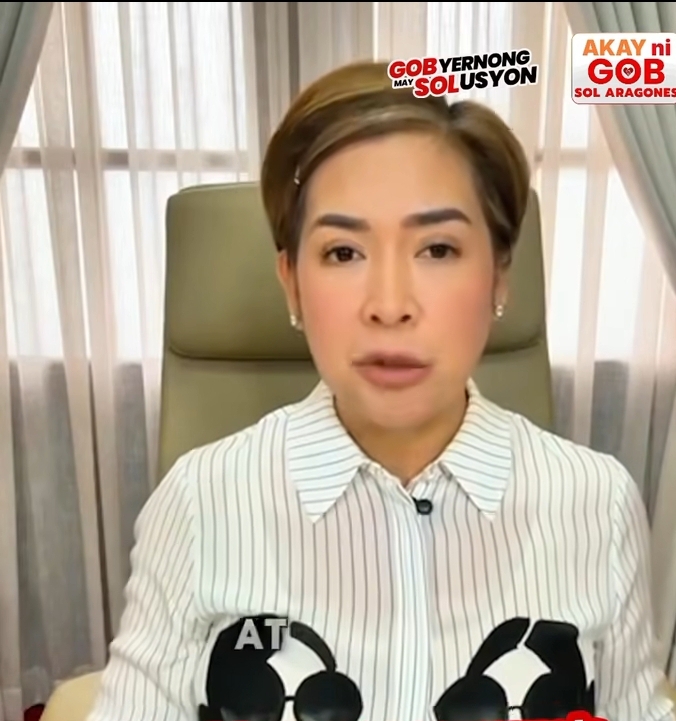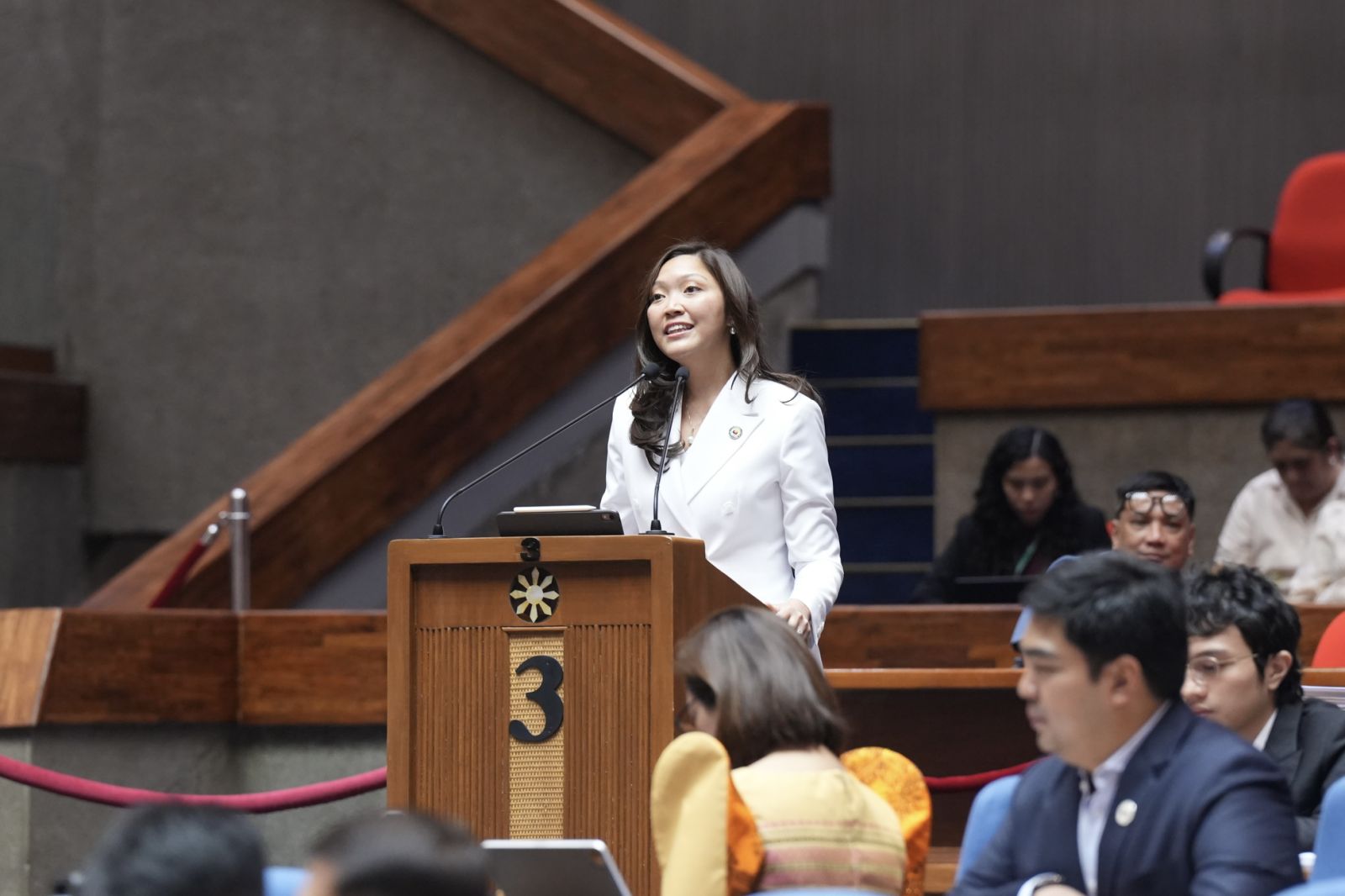
THE education, health, and agriculture sectors emerged as the biggest beneficiaries in the proposed ₱6.79-trillion 2026 General Appropriations Bill (GAB), which the House of Representatives approved on third and final reading on Monday, October 13, 2025.
Rep. Mikaela Suansing, the House Committee on Appropriations Chairperson, described the House GAB as a budget “that is truly responsive to the needs of the Filipino people and our country – a budget that Congress can be proud of.”
Under the House GAB, or House Bill (HB) 4058, a total of 1.28 trillion has been set aside for education, which Suansing said is “the highest education budget in history (breaching) the 4% international benchmark.”
Suansing explained that the allocated funds shall enable the government to provide full funding for Republic Act 10931 or the Universal Access to Quality Tertiary Education (UAQTE) Act. She estimates that some 2.49 billion learners shall be provided with scholarships through the increased allocations for the UAQTE and other programs of government.
The House 2026 GAB also allocates P411.2 billion for the health sector, P113 billion from which has been set aside to subsidize the improvement of the various health care programs of the Philippine Healthcare Insurance Corporation (Philhealth). The House also provided allotted 49 billion to support the zero-balance billing program of President Ferdinand Marcos Jr. for indigent patients.
The House GAB also added P553.7 billion to agriculture, raising the sector’s total 2026 budget to P292.9 billion. Included in this allocation is the P10 billion for the Presidential Assistance for Farmers and Fisherfolk program which is seen to benefit some 1.43 million farmers and fisherfolk, P74.5 billion for farm-to-market roads and irrigation infrastructure, and P30 billion to support farm mechanization.
The increase in the budgets of these sectors was sourced from the P255 billion originally allocated for flood control projects, which have been discontinued. Suansing added that, under the House GAB for 2026, even funds in the unprogrammed appropriations will no longer be available for any infrastructure project.
“Wala nang flood control projects, tulay o kalsada na puweding hugutin mula sa unprogrammed appropriations,” Suansing said.
She added that safeguards have been put into the proposed 2026 budget to prevent abuse of the unprogrammed appropriations.
“Hindi rin po kasama ang Unprogrammed Appropropriations sa ₱6.793 trillion na national budget. Sa kasalukuyan, wala pong pondo ang Unprogrammed Appropriations. Mapopondohan lamang ang Unprogrammed Appropriations kung may sobra o bagong kita ang gobyerno sa susunod na taon. Ibig sabihin po, kung walang dagdag na kita ang gobyerno, walang mapopondohan sa Unprogrammed Appropriations,” Suansing said.
She also highlighted the reforms that the House instituted to make the budget deliberations more transparent and truly responsive to the needs of the Filipino people, such as the abolition of the small committee, the engagement with civil society organizations (CSOs), the incorporation of all amendments before the second reading in compliance with the Constitution, among others.

